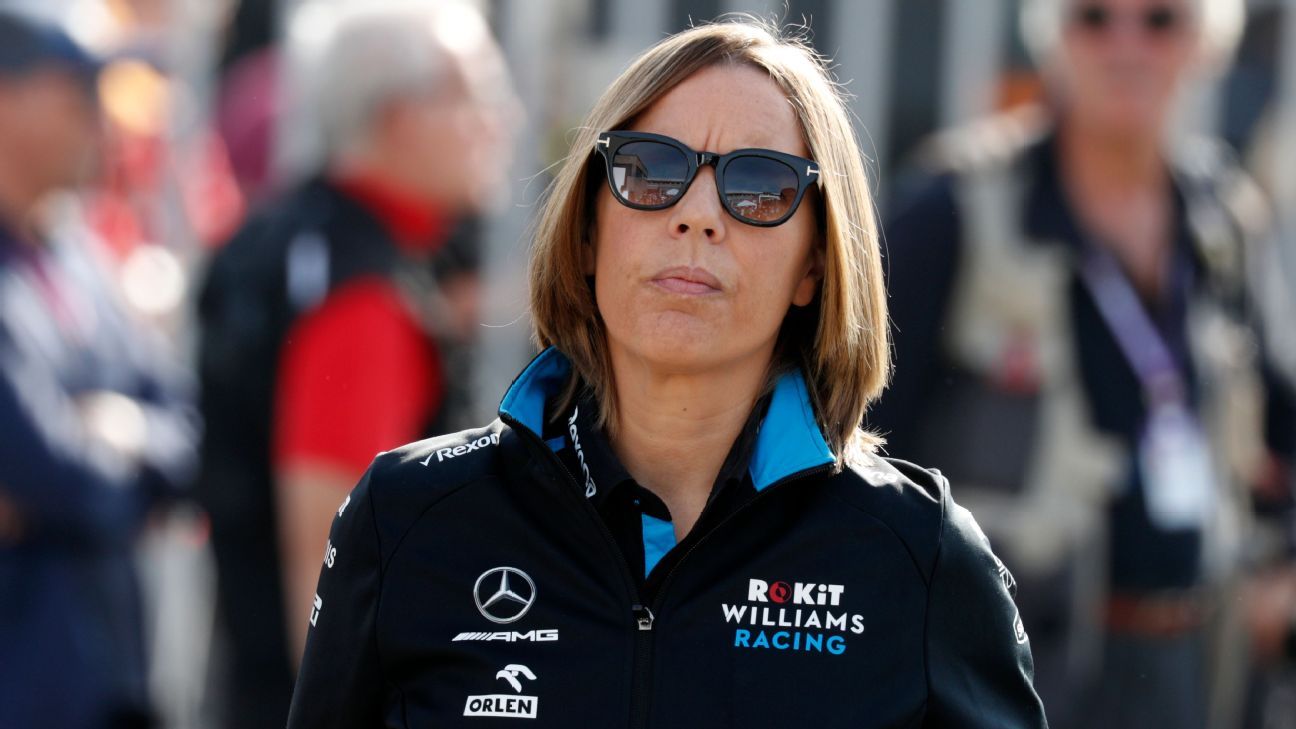Williams will put safety first even though the team is one of several whose survival depends on Formula One starting racing again, deputy principal Claire Williams said.
Formula One’s income between January and March plummeted from $246 million in 2019 to $39m this year, a drop of 84%, figures released by championship owners Liberty Media revealed on Thursday.
The ongoing coronavirus pandemic has delayed the start of the 2020 season indefinitely. F1 was due to start at the Australian Grand Prix on March 14 but cancelled the event after McLaren was forced to withdraw when a staff member tested positive for the virus. The Bahrain Grand Prix of March 28 was subsequently postponed and other races followed suit.
“It is scary that you could not just lose one or two teams, but an awful lot of teams if you don’t get back racing,” Williams said. “The financial model we have in our sport is that we are all so reliant upon the money we receive from the results in the constructors’ championship.”
Once-dominant family-run Williams, who scored one point and finished last in 2019, are one of the more vulnerable teams on the starting grid.
Williams said she has to balance “the need to go back racing in order to ensure your team’s survival against the very important reality of ensuring that your people remain safe.”
“For me, at the end of the day my people are always going to win out,” she added. “I certainly hope that doesn’t cost us our team, but the safety of our people, whether that be returning them to work at Grove, or asking them to travel, is going to be absolutely paramount.”
F1 managing director Ross Brawn this week outlined plans for going back to racing, with health checks and isolation in the paddock, and said that he believes the sport could provide a safe environment.
“Everybody will be tested and will have a clearance before they even go into the paddock, and then every two days they’ll be tested whilst in the paddock and that will be with an authorised authority and consistent,” he said.
“We’ll have restrictions on how people move around, We cannot socially distance a team, we cannot have staff socially-distanced,” he said. “So we have to create an environment that, within itself is effectively a small bubble of isolation.
“And the teams will stay within their own groups. They won’t mingle with other teams, and they’ll stay at their own hotels.”
